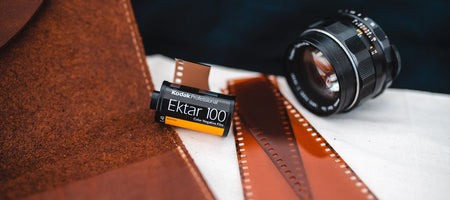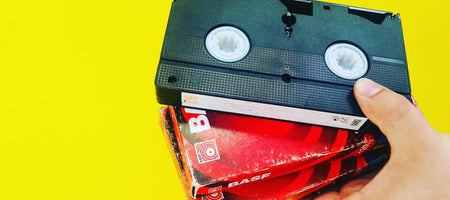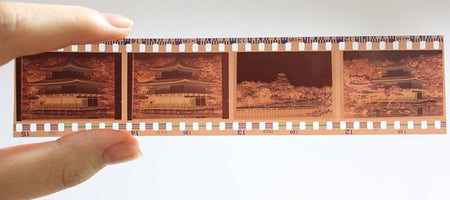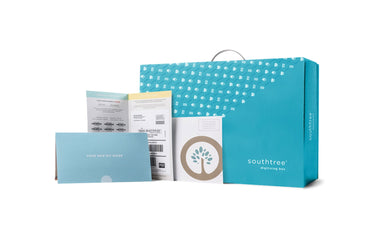Even the toughest guy is guilty of getting choked up when watching a sad movie. It’s the same as the squirmiest, scary movie watcher flinching at every jump scare. Or why a comedy leaves us feeling happy.
But what’s the reason? Why do movies make us emote? After all, our brain knows they’re not real. So what gives?
Your Brain on Movies
For starters, let’s clear up an age-old myth: crying during a movie isn’t a sign of weakness. It’s actually a sign of emotional strength. Translation: you’re likely good at leveling with people in day-to-day life if you can sympathize with characters on screen. Of all the great leaders that have come and gone, empathy is a vital aspect of emotional intelligence. So the next time you see Mufasa get trampled to death by wildebeests, don’t be ashamed to hydrate those tear ducts.
The Mirror Rule
As humans, we’re innately creatures of mimicry. Case in point, if you see somebody walking by and they smile at you, what do you do? Unless you’re in a foul mood, you smile back. The same goes for characters in a movie. If you see a large smile fill the movie screen, most of the audience is going to be sporting a slight grin too. It’s mimicry whether you know you’re doing it or not.
Now take that example and use it as the basis for other emotions. If a character is scared on screen, we’re typically going to empathize with them with a feeling of anxiousness. Furthermore, we’re prisoners to the screen. It’s not like it’s easy to just get up and walk out of a theater during a sad scene. Since we can’t just easily switch gears and focus on something else, we sit there and further immerse ourselves in the sadness being portrayed on screen. After a while, our brain can only take so much before the waterworks display begins.
The Role of Music
Movies are sensory marathons. We can’t smell or touch them … (yet), but we can see and hear them. As a result, the more sensory opportunities available to us, the more emotive we become as humans. Music is huge in this regard as it accentuates good acting, guiding us to feel a certain way. If scary movies didn’t have ominous soundtracks signifying that something bad is about to happen, then we wouldn’t be as cued up to flinch, jump or duck for cover when something scary happens.
Conversely, sad parts in movies play on slow minor key instrumentation, literally tugging on our heart strings to give us that lump-in-our-throat effect. Fortunately, the same method applies to happiness. Pump some up beat melodies through the speakers along with throwing some laughing characters on screen, and you’ll feel a subtle wave of uncontrollable happiness. Unfortunately, it’s a lot easier to make people sad than to make them happy. Figures, right?
The Insight Behind Instinct
Picture this. If someone were to suddenly jump out from behind a corner, what would your reaction be? You’d jump, cuss, run or fight back. It’s instinct and it’s embedded in our DNA. When you watch a scary movie and the music starts crescendoing, you know something bad is about to happen. But even though you know it’s coming, you still flinch when it happens. Why?
Well music helps, but the real reason is instinct. Your body is just doing what it would naturally do if the situation were real life. And that’s a good thing because that flinch is what helped keep the caveman alive. Fight or flight, ammirite?
The Movie Theater vs Your Mobile Device
Your surroundings and the scale in which you watch a movie also play into your emotional reaction. The same emotions still apply whether it’s the big screen or mobile screen but with some major caveats. For starters, the larger screen makes the brain feel more immersed into the emotion at hand, but more importantly, the dark theater room cuts off all possible distractions, making you give your full and undivided attention to the emotional scene unfolding on the massive screen in front of you. You’re an emotional captive.













